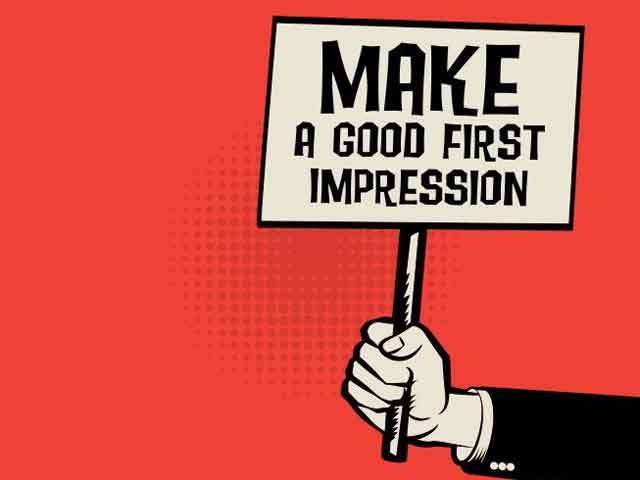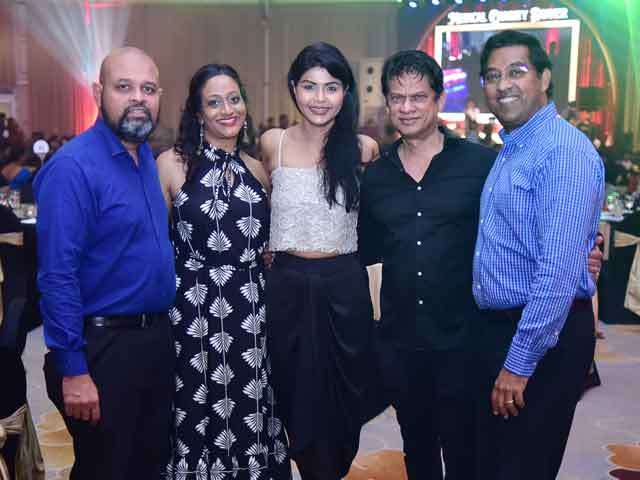In Conversation with Reedah El-Saie: The Brainspark Games Founder Who Won Three Dragons and is Rewiring Education
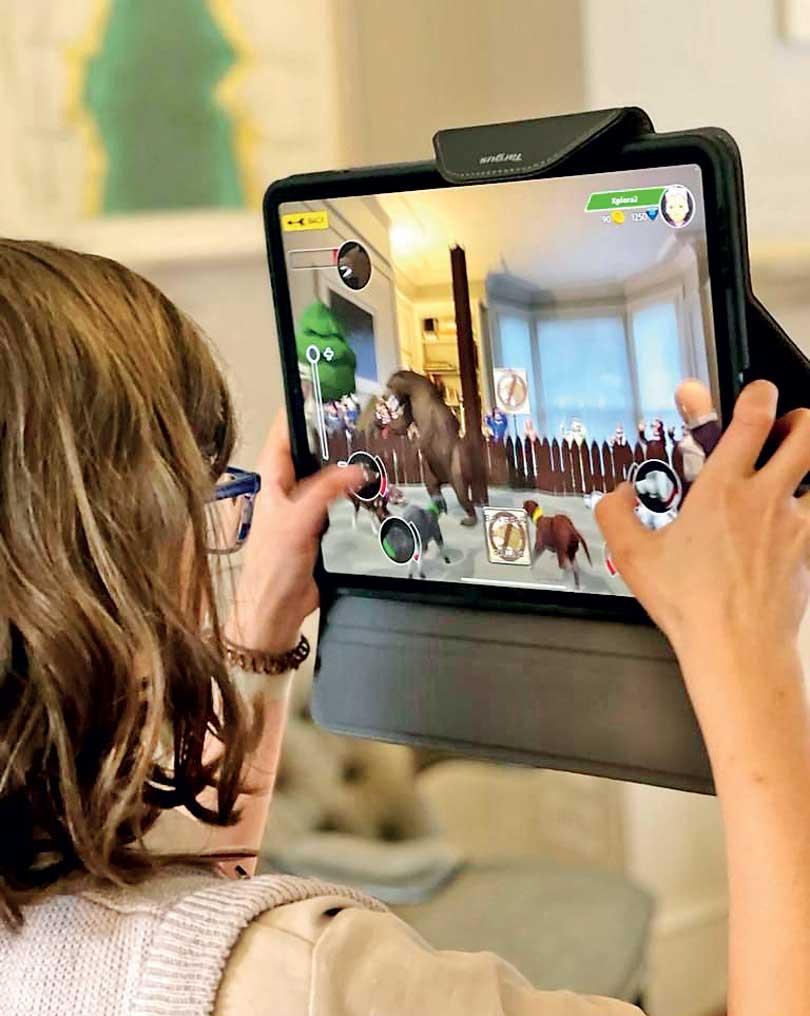
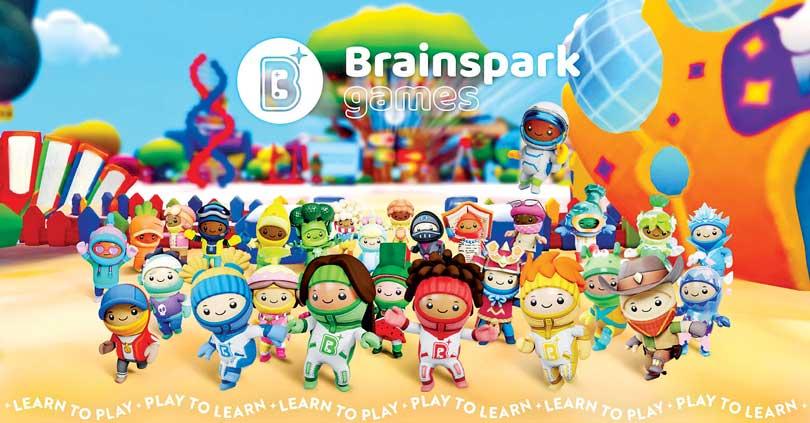
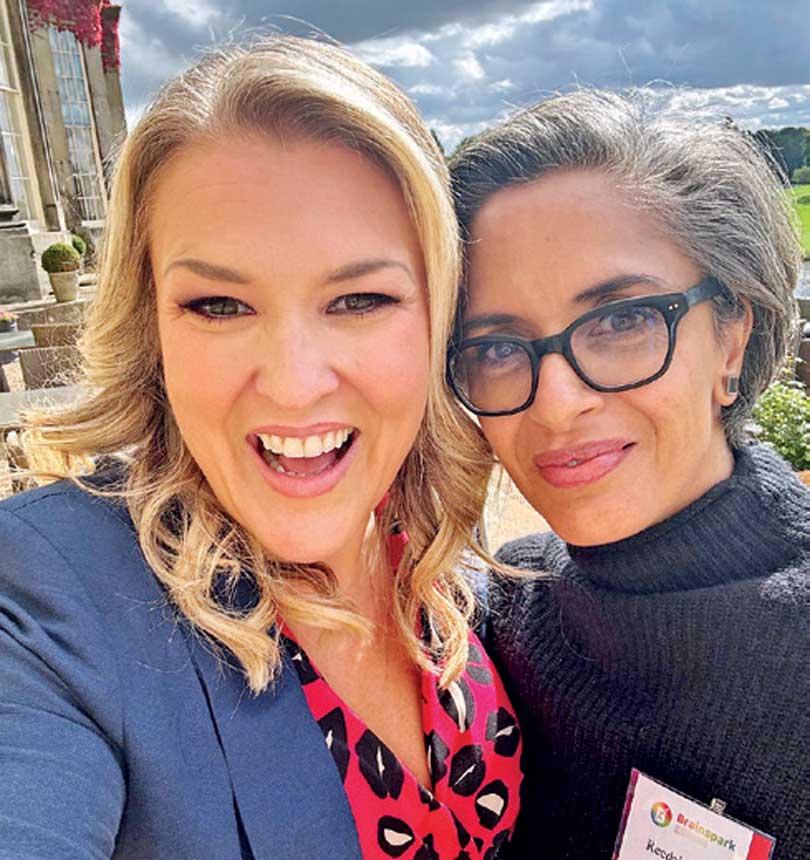
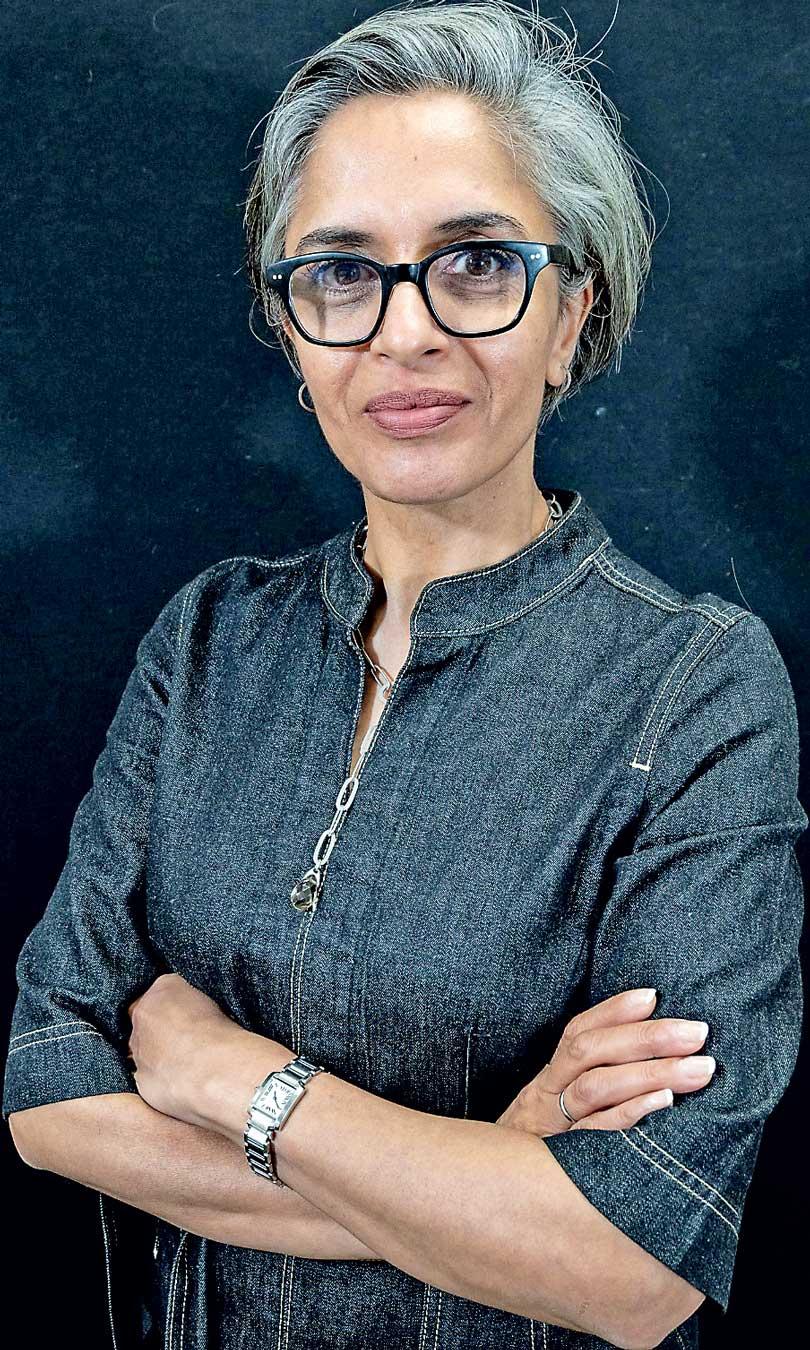

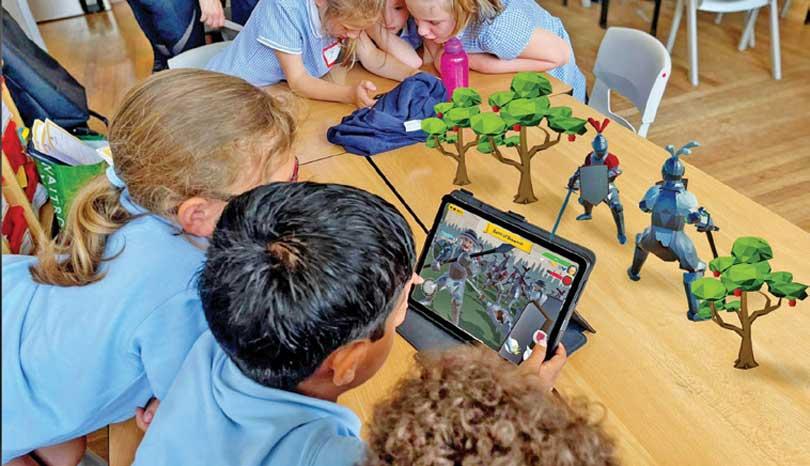
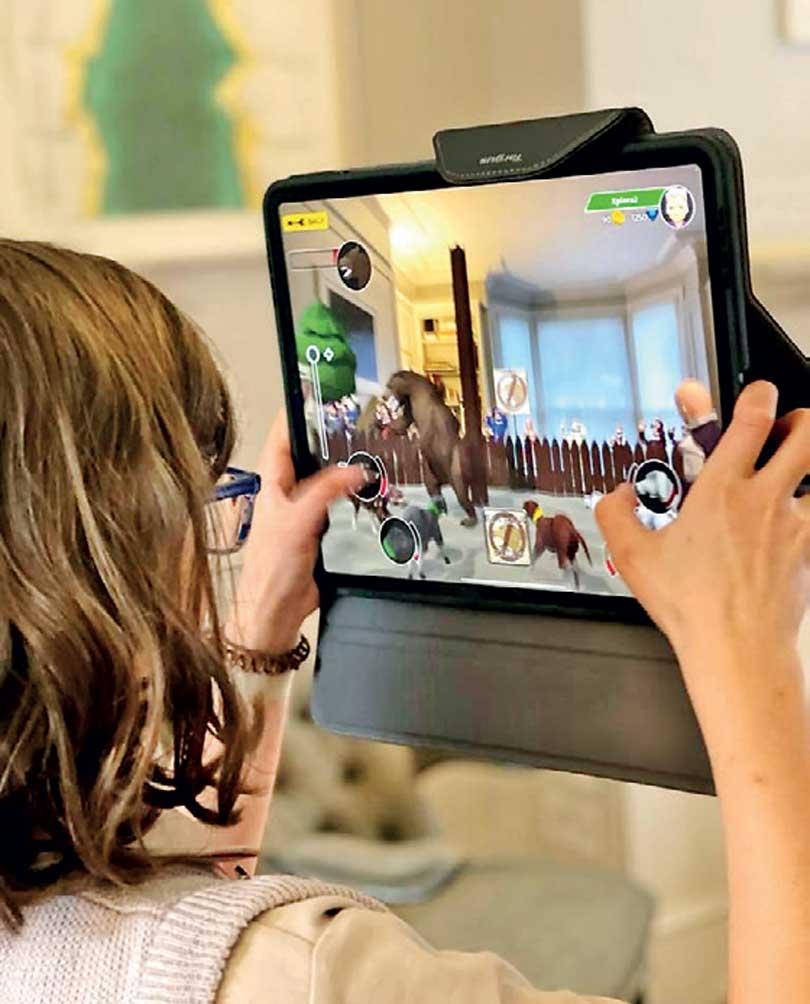
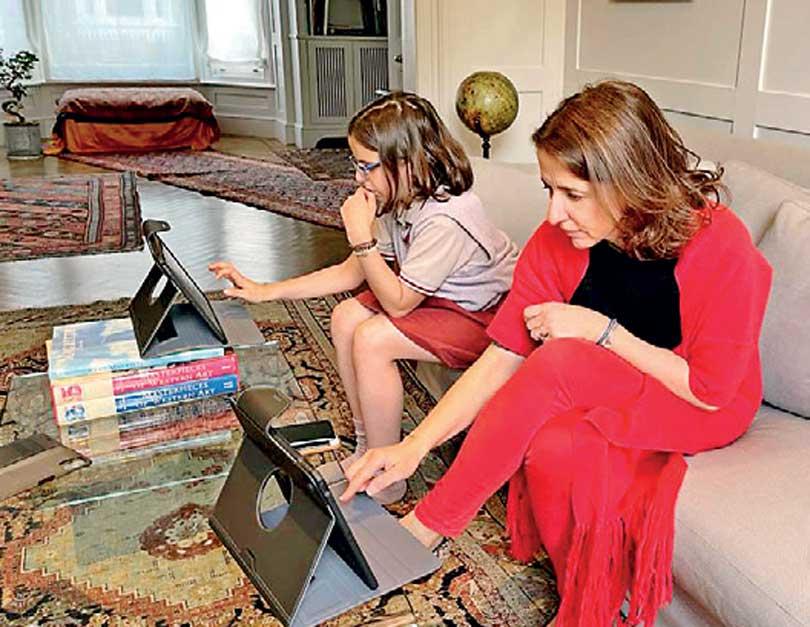
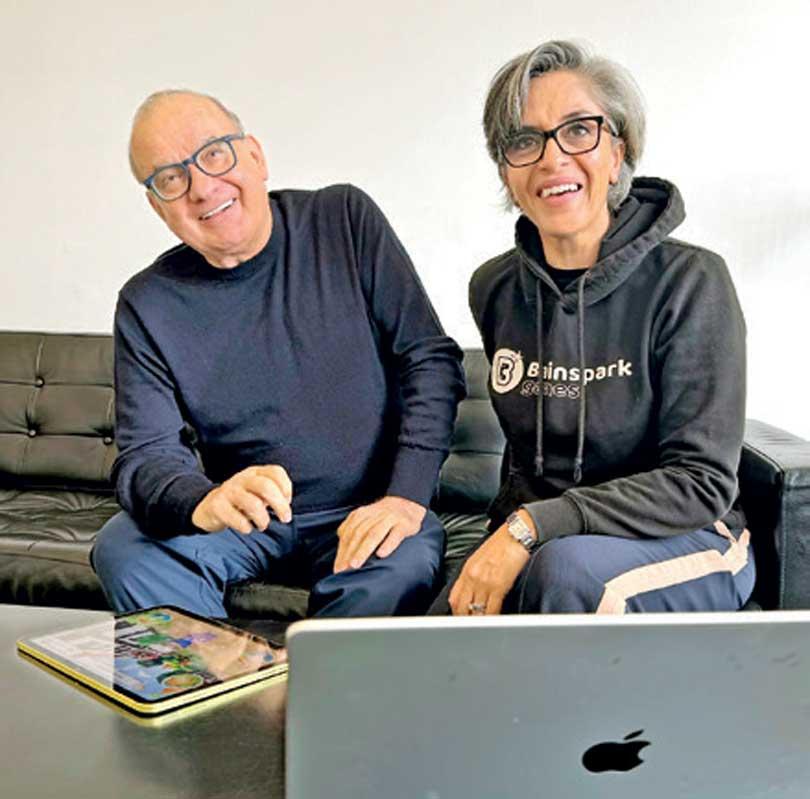
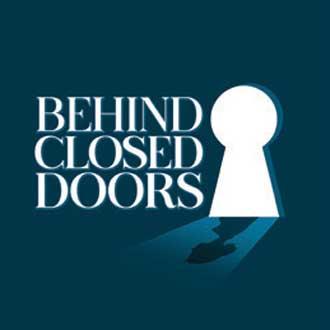 There's something profoundly unsettling about watching a system fail children simply because they learn differently, live in the wrong postcode, or were born into the wrong circumstances. After years of chronicling stories of innovation, I’ve grown weary of the glossy myths of overnight success and fearless founders. Which is why my conversation with Reedah El-Saie, founder and CEO of Brainspark Games, felt like a necessary disruption. She secured three Dragons on Dragons’ Den at her asking price, raised £30,000 in addition to her £1.4m investment raise, won multiple Innovate UK grants, and is building an AI-driven gaming platform to reimagine education, yet speaks openly about imposter syndrome, self-doubt and the moments that almost broke her.
There's something profoundly unsettling about watching a system fail children simply because they learn differently, live in the wrong postcode, or were born into the wrong circumstances. After years of chronicling stories of innovation, I’ve grown weary of the glossy myths of overnight success and fearless founders. Which is why my conversation with Reedah El-Saie, founder and CEO of Brainspark Games, felt like a necessary disruption. She secured three Dragons on Dragons’ Den at her asking price, raised £30,000 in addition to her £1.4m investment raise, won multiple Innovate UK grants, and is building an AI-driven gaming platform to reimagine education, yet speaks openly about imposter syndrome, self-doubt and the moments that almost broke her.
THE POWER OF REINVENTION
Q: LSE Law degree, qualified barrister, Roland Berger consultant, MICA gallery director, then in your 40’s established a gaming startup after watching your son play Fortnite. You’ve raised a total of £2.4 million, won 15 awards, just secured three Dragons. What do you know now that made this possible? And what would you say honestly, not motivationally, to women in their 40s or 50s who feel they’ve missed their window?
“Although I’d been a management consultant and read Law, I loved the creative industries. I was a full-time mother and I chose not to have a corporate career in order to raise my children. I don’t judge working or stay at home mothers - either way; both paths are hard - choose your hard. For ten years I ran an online art business managing baby nap times and school runs. I feel you can have it all, just at different stages, you have to compromise depending on what matters most at that stage in your life. However, raising my children later informed my business idea. It came full circle, they gave so much back to me.
THE UNFAIR ADVANTAGE OF BEING ‘OUTSIDE’
Q: You’re British-Pakistani, Muslim heritage, married to an Egyptian, raising multicultural kids in London, and you entered two of the most homogeneous industries: gaming and education. How did you turn being an “outsider” into a competitive advantage?
“At first I had some self-doubt because I lacked a gaming or technical background. But I felt it was a huge asset as I didn’t make assumptions around the games or product development. I, and my investors, feel my perspective was fresh, as we were innovating through deep R&D. We have a Board of Brilliant Brains made up entirely of children who give us feedback. When my team suggests, ‘This is how gaming works,’ I remind them: “that innovation, by definition, adopts a new approach!”
Q: Do you see yourself on the margins?
“No. Everyone faces bias of some kind. I embrace it, that’s who I am and it’s all that I have ever experienced. It has forced me to outperform others and do better. Expectations are lower, so people are often surprised by our traction.”
Q: When you saw the pain points of the education system, that informed your business insight. Talk to me about building from lived experience that the ‘insiders’ can’t see.
“When I was studying with my son for his 11+, he would play Fortnite during breaks. I realised gaming was played by millions of children globally, but I wanted to add meaningful, educational content. I asked my son, ‘Wouldn’t it be amazing if your biology revision was in a game like this?’ He lit up. He suggested gameplay ideas. I realised each child learns differently; kinaesthetic, visual, reading, writing, neurotypical and neurodiverse. I surveyed thousands of children, parents and educators, spoke to teachers leaving the profession. So many children go undiagnosed. That’s why we’re developing neuro-games technology.”
Q: For women of colour or immigrants breaking into spaces that don’t look like them, what’s your strategy?
“Don’t have a victim mindset. We all have barriers. Life is hard; choose your hard. Don’t fixate on what you can’t do, focus on what you can do. In my team we focus on what ‘can’ be achieved, rather than what ‘can’t’; we ask ‘how do we pivot or overcome this?’”
THE COURAGE TO BE A BEGINNER
Q: In 2019 you watched your son play Fortnite. You weren’t a gamer, developer or educator. How did you give yourself permission to be a beginner while still leading with authority?
“I don’t feel I need permission. Once you accept something could succeed or fail and decide you’re okay with that, it sets you free. When investors initially offered funding, I often said ‘no’ as I wanted to ensure strong product-market fit first and didn't want to be distracted managing investor relationships. When our history game on the Tudors hit 70,000 downloads, I decided to resign from a job that I loved, but felt it was the right time to commit full time.”
MOTHERHOOD AS LEADERSHIP TRAINING
Q: You built Brainspark as a result of being inspired by your three children. As they watch you build, fail and rise, what are they learning? And what would you say to mothers who feel guilty for wanting more than motherhood?
“It’s important for my children to see different role models. I wanted them to embrace failure and success as its part of life’s journey. They’ve seen my self-doubt, every founder feels stress and anxiety. The guilt never disappears; you always wonder, ‘Have I done enough?’ Then they become teenagers and need space, that’s hard too. So, I integrated them. They helped with brainstorming ideas, games-design, camps, bookkeeping, marketing, operations. Sometimes they hated it, but sometimes they loved it, they learned. And when I doubt myself, they remind me, ‘Embrace the highs with the lows - keep going.’ Hearing that back is really rewarding.”
BUILDING WITH PURPOSE
Q: You’ve built a for-profit company with a social mission. How do you hold both profit and purpose without compromising either?
“It’s not a compromise. We’re a commercial business focusing on tech for good. Our games are free; premium analytics will be subscription-based. Profit and impact can coexist.”
Q: Women are often told we’re too emotional or too mission-driven to build big companies. How do you challenge that?
I don’t accept the idea that women are too emotional. Everyone has emotions. Mine fuels empathy, logic, motivation and single minded focus. I make evidence-based decisions but stay flexible. My team is diverse in every way. I don’t think that leaders are emotionless. Even Steve Jobs and Jeff Bezos were driven by ambition which is a different form of emotion.”
FUNDRAISING AS A WOMAN
You’ve raised a total of £2.4 million over 3years, in a world where solo, diverse, female founders get less than 0.2% of VC funding. What’s your strategy? Did you have to unlearn the conditioning that tells women to be modest and ask for less?
“There’s nothing wrong with modesty, it can be power. On Dragons’ Den I was understated but evidence-based. I’d rather over-deliver. Modesty doesn’t mean asking for less. I’d raised at a £7 million pre-money valuation but lowered it strategically on Dragon’s Den because I wanted at least two Dragons so I tried to make an offer they couldn’t refuse. I believe in inversion thinking and preparing for every worst case scenario. It’s important to be able to manage rejection as long as you learn from each meeting. When an investor asked how I manage as a mum, I simply asked, ‘How do you manage as a dad?’
THE VISION
Q: You talk about a nine-figure valuation. Why is it important for women to vocalise big visions instead of aiming for a “nice little business”?
“Everyone’s vision is personal, but my odds of reaching this stage were 0.2%. If I’ve achieved the near-impossible, and as long as what we’re building is meaningful, why not aim higher?”
BEHIND CLOSED DOORS
Behind closed doors, beyond awards and Dragons, who is Reedah El-Saie, and what is she fighting for?
“I’m trying to be my authentic self and live a purpose-driven life. The only inevitability in life is death, and I want to do something meaningful. Educating future generations feels like the most meaningful thing I can do. There’s so much pain in the world; Palestine, Africa, everywhere. Education unlocks potential and socio-economic empowerment. My faith also drives my mission.
THE CLOSING
As I close my notebook, I’m struck by what Reedah represents; not just inspiration, not a fairy tale, but proof that building something meaningful is rarely linear, that starting “late” can mean starting at exactly the right time and maybe the journey started years ago. She secured three Dragons not by being perfect but by being prepared. She raised £1.4 million not by hiding her identity but by leveraging it. She started a gaming company not despite being a 40-plus mother of three with no technical background, but because those experiences gave her the insight others lacked. In a world that tells women to be smaller and quieter, Reedah El-Saie is striving for aggressive growth and impactful ambition. In industries not designed for her, she isn’t asking for permission, she’s rewriting the rules. And perhaps most importantly, she’s doing it behind closed doors exactly as she does in public: authentically, imperfectly, courageously. For every woman who thinks it’s too early or too late, who feels she doesn’t belong, who believes she needs more credentials before she begins, her story isn’t permission. It’s proof.
--------------------------------
About Reedah El-Saie
Reedah El-Saie is the founder and CEO of BrainSpark Games, an award-winning EdTech company using AI and immersive gameplay to make learning inclusive and engaging for every child. A former barrister turned entrepreneur, she secured three Dragons on BBC’s Dragons’ Den at her asking price and has since raised a total of over £2.4 million in funding. Reedah’s mission is simple: to ensure no child is left behind. BrainSpark’s educational games are available to play and download in the App Store and Google Playstores.
Find out more at: www.brainsparkgames.com.



